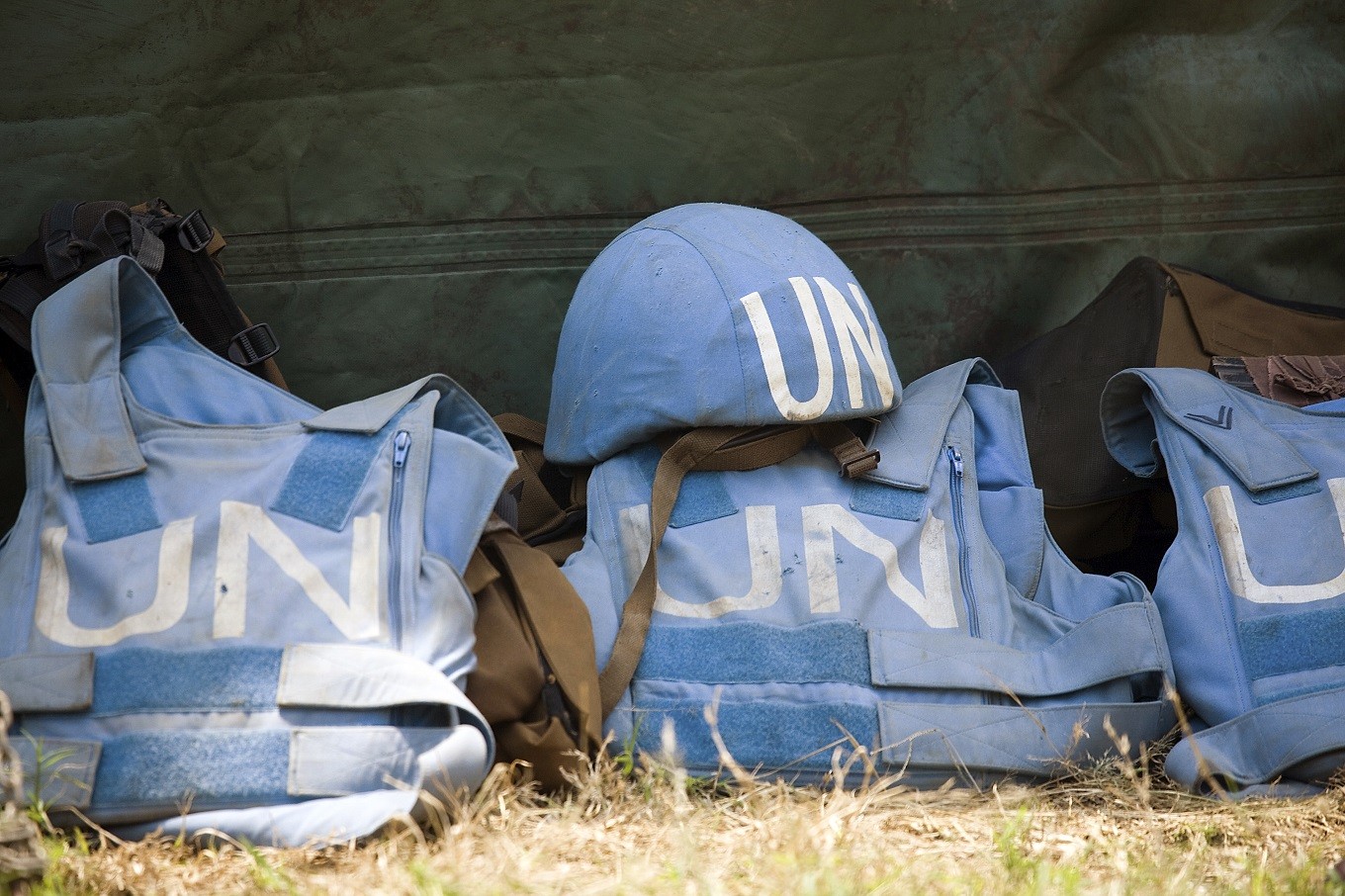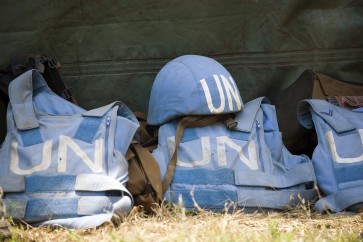Popular Reads
Top Results
Can't find what you're looking for?
View all search resultsPopular Reads
Top Results
Can't find what you're looking for?
View all search resultsProtecting civilians and peacekeepers
In recent years, attacks against peacekeepers are not uncommon. Security incidents from assault, kidnapping, to killing of peacekeepers have been condemned by the international community.
Change text size
Gift Premium Articles
to Anyone
T
his year marks the 70th year of the adoption of the four 1949 Geneva Conventions, which today form the principal international humanitarian law (IHL) treaties. IHL sets forth rules to limit the humanitarian impacts of wars and armed conflicts without judging how it started, who are the parties, who is right, and who is wrong.
In many traditions, religions, and customs around the world, such principles have always existed. It was this humanitarian spirit that led to the adoption of the very first Geneva Convention in 1864.
The four Geneva Conventions were agreed 70 years ago, in the aftermath of World War II when the memories of the enormous horrors remained fresh in the minds of many. The battlefields and the Holocaust brought untold suffering and destruction. The humanitarian impacts of the World War II in Southeast Asia, including Indonesia, were just as cruel as it was in Europe and other parts of the world.
Witnessing World War II severely impacted humanity, a diplomatic conference was convened in Geneva from April 21 until Aug. 12, 1949, which resulted in the adoption of the Geneva Conventions. Representatives of countries from all corners of the world participated in the diplomatic conference. Asia was notably represented by Thailand, the Philippines, Burma, Afghanistan, China and India.
Today, the Geneva Conventions are one of the few treaties that enjoy a universal acceptance from all sovereign countries. ASEAN’s support for IHL is also notable, especially since all ASEAN member states are party to the Geneva Conventions, and have uniformly agreed through the ASEAN Charter that IHL must be upheld.
Indonesia ratified the Geneva Conventions in 1958 and last year adopted Law No. 1/2018 on Red Cross affairs, which focuses on the protection and use of the red cross emblem. This law is considered an implementing legislation for the Geneva Conventions.
The rules of the Geneva Conventions were completed by the two 1977 Additional Protocols. They were adopted after having experienced decolonization conflicts and wars of national liberation that erupted throughout Africa and Asia in the 1960s and 1970s. Even though not yet ratified by Indonesia, some important rules of these protocols as the principle of distinction are reflected; for instance, Indonesian Military manual provides: “The targets of every military operation should be distinguished at all times.”


















